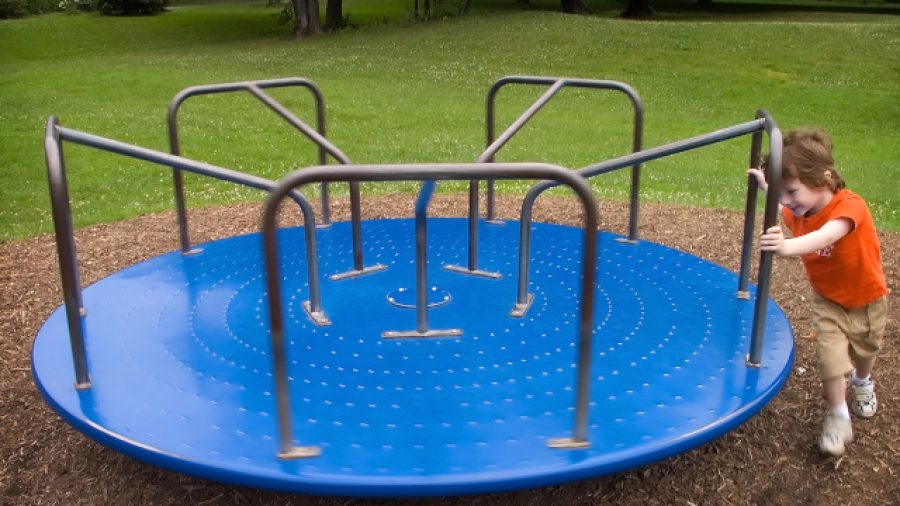It sounds like a cliché. It’s something you say to someone when you don’t know what else to say or how to really empathize with their sorrow. When you’re struggling with burnout, you might wonder how they know it will be OK, if they know it will be OK, or if they’re just being polite. Ultimately, you discount what they say – but, strictly speaking, they’re right.
Defining OK
The key problem is in the definition of what it means to be OK. We often want to have free time. We want to feel like we’re making a difference. The problem is we don’t always feel that way. We see change coming – for better or for worse – and we can’t see how things will be OK. We can’t imagine what that’s like.
Consider the newly injured paraplegic who hears “it will be OK” and wonders how it could possibly be OK. How could anything possibly be OK ever again? Fast forward a few months and you’ll find that most (if maybe not all) have adapted to a new normal, a new way that their life works. It’s not the same. It’s very different, but at the same time, it’s OK.
When we say that things will be OK, we don’t mean that things will be the same. We mean you’ll survive and find ways to be happy, even if they’re new ways.
Not the Same
In fact, the idea that what is to come is not the same is a source of hope. If you’re struggling with burnout now, then more of the same would surely lead you further into the grips of burnout. So, change is a good thing. On the one hand, we like the security of the things we know. On the other, we struggle to believe that things won’t get better.
So, when you think about the future, it’s certain that it won’t be the same. As the Greek philosopher Heraclitus once noted, “No man ever steps in the same river twice, for it’s not the same river, and he’s not the same man.” The fact that things are constantly changing gives us hope that we’ll find a way that allows us to feel like we’re more productive. Our goals may be changed or scaled back – but, ultimately, they won’t be the same.
Goal Changes
A part of building burnout resistance is knowing when – and how – to adapt your goals, to change them in ways that are still amazing and will have the kind of impact that you want for the world but are more reasonable than where you started. It’s certainly possible to desire to be an astronaut. However, the number of astronaut jobs are very limited. Perhaps, if you lose out on that one position you really wanted, you can consider how you can bring your passion for space to the next generation of children. Bill Nye, known as Bill Nye the Science Guy, wanted to be a comedian but connected with his love for science to develop programs that instill his passion into a new generation through science education.
Goals changing doesn’t change our ability to reach a balance in our lives where we’re OK – or more than OK – with the progress we’re making and what we’re getting accomplished. In the end, whatever the new goals are, a new normal will emerge. It will be OK, whether it feels that way in a given moment or not.


No comment yet, add your voice below!